Question And Answer
Publications
Articles, publications, books, tools and multimedia features from the U.S. Institute of Peace provide the latest news, analysis, research findings, practitioner guides and reports, all related to the conflict zones and issues that are at the center of the Institute’s work to prevent and reduce violent conflict.
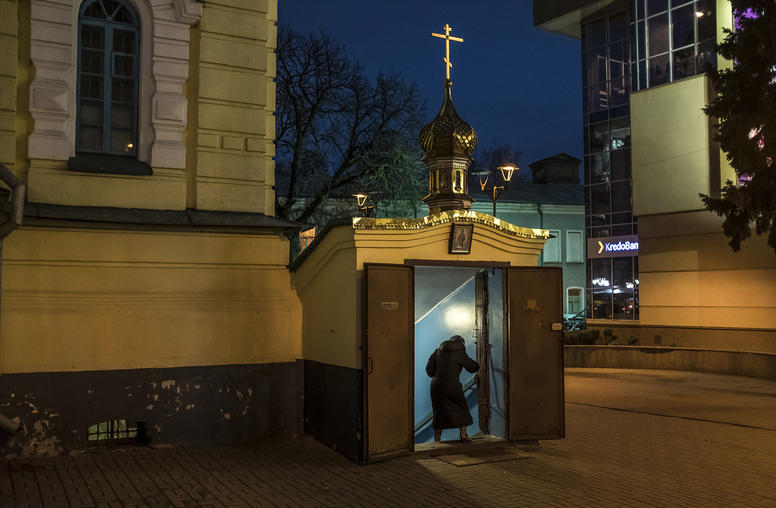
How Putin Turned Religion’s ‘Sharp Power’ Against Ukraine
Long before Russia positioned military forces along Ukraine’s border or menaced its neighbor with cyber-attacks and economic pressure, Moscow deployed another, under-appreciated weapon increasingly used by rising global powers: the transformation of religious soft power into what is known among some scholars of authoritarianism as “sharp power.”

Priscilla Clapp on the Anniversary of Myanmar’s Coup
A year after the military coup, Myanmar’s diverse opposition is working together on an alternative to military rule. USIP’s Priscilla Clapp says while “it will take years to bring a consensus about for this new government, it’s a very good start … we have hope that there can be unity there if they work on it.”
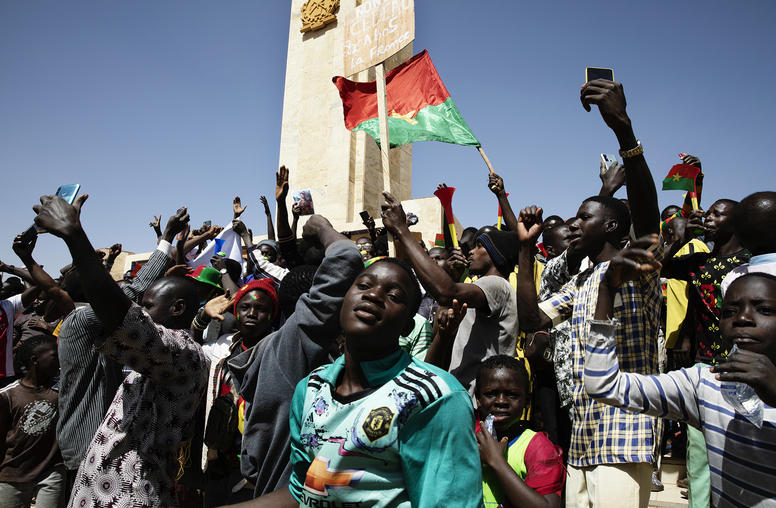
A Sixth Coup in Africa? The West Needs to Up Its Game.
The government of Guinea-Bissau says it survived an attempted coup d’état yesterday, just days after Burkina Faso suffered the fifth coup in nine months around the greater Sahel. These upheavals cement this African region as the most pronounced center of a global crisis: Poor and authoritarian governance is breeding extremism and transnational criminality, igniting violence and undermining efforts to build democracies. Following last year’s military power grabs in Chad, Mali, Guinea and Sudan, the new crises highlight widening risks to security — for the 135 million people of the Sahel region, and ultimately for Europe and the United States. They also point to changes needed in U.S. and international policies.
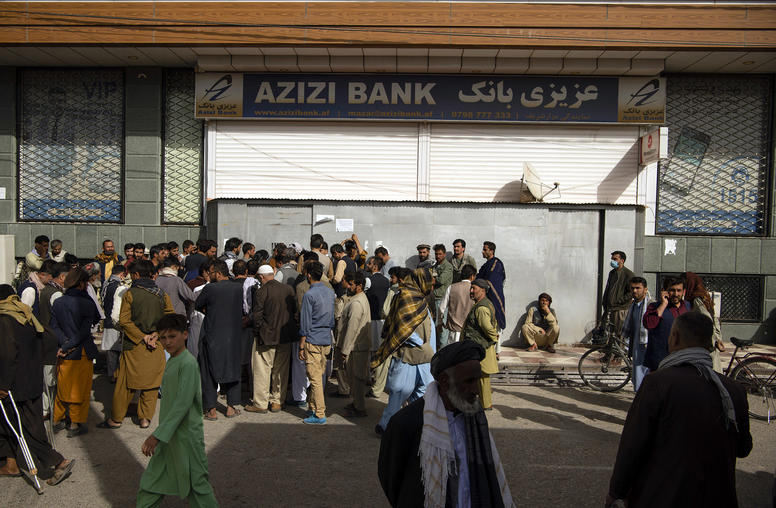
Taliban Are Collecting Revenue — But How Are They Spending It?
Although economic and humanitarian conditions in Afghanistan continue to deteriorate, the Taliban have taken some positive steps toward financial stability by publishing a fiscally responsible three-month budget and raising considerable amounts of domestic revenue — especially through customs duties, which have risen with a crackdown on corruption.
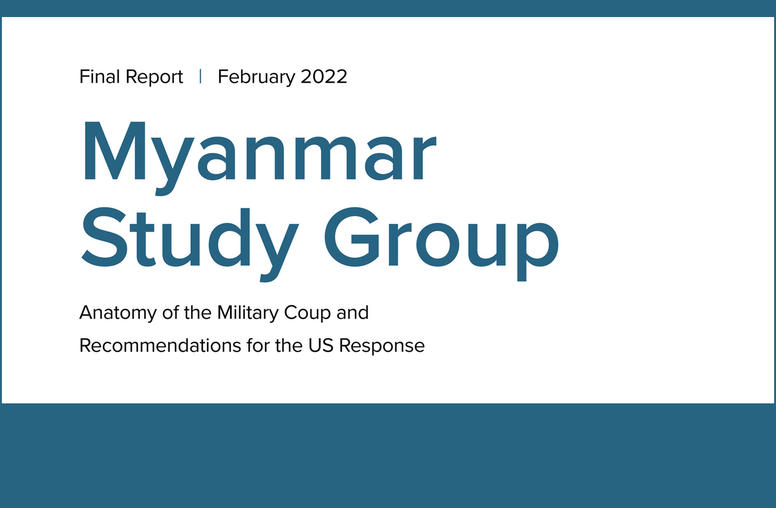
Myanmar Study Group: Final Report
In March 2021, the Myanmar Study Group was organized by the United States Institute of Peace (USIP) in response to the evolving conflict in Myanmar following the military coup of February 1, 2021. To support U.S. policy toward Myanmar, the Institute convened a study group of nine prominent experts on Myanmar and Asian affairs from April through September 2021. The study group held five discussions on topics of critical relevance to the crisis in Myanmar, supplemented by consultations with key stakeholders in the country and the region. Although convened by USIP, the views and recommendations contained in the report are solely those of the Myanmar Study Group, not USIP.

Sudan's Imperiled Transition: U.S. Policy in the Wake of the October 25th Coup
Joseph Tucker, senior expert for the Greater Horn of Africa, testified on February 1, 2022 at the Senate Foreign Relations Committee's hearing on "Sudan's Imperiled Transition: U.S. Policy in the Wake of the October 25th Coup." His expert testimony as prepared is presented here.

Russia’s Assault on Ukraine and the International Order; Assessing and Bolstering the Western Response
William B. Taylor, former U.S. ambassador to Ukraine and vice president, Russia and Europe at the U.S. Institute of Peace, testified on February 2, 2022, before the U.S. Helsinki Commission's hearing on "Russia's Assault on Ukraine and the International Order." His expert testimony as prepared is presented here.
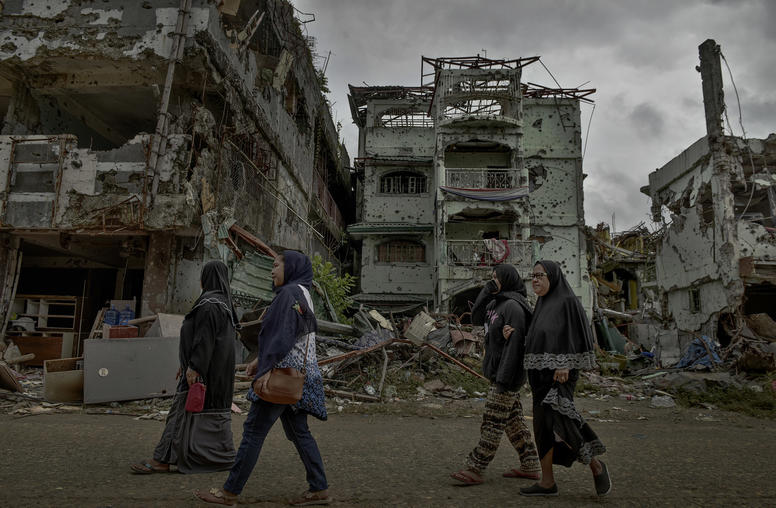
Examining Local Grievances and Militant Groups in the Southern Philippines
The 2017 Marawi siege was devastating for my city and its people. For five long months, Dawlah Islamiyah, known locally as the Maute-ISIS group, battled the Armed Forces of the Philippines (AFP), resulting in the displacement of more than 300,000 people. Large parts of Marawi remain uninhabitable to this day. As a result, many of the city’s residents are forced to live in camps for internally displaced persons (IDPs) almost five years since the end of the siege.
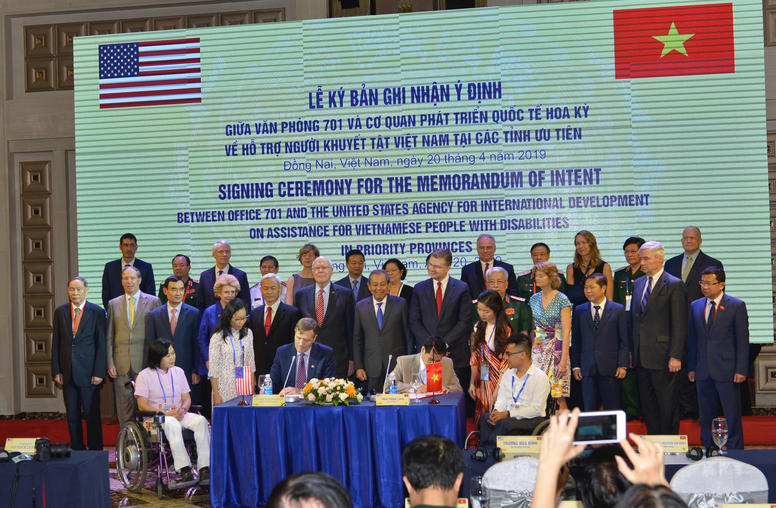
Addressing the Harmful Legacy of Agent Orange in Vietnam
Nearly half a century since the end of the Vietnam War, there remains an urgent need for the United States and Vietnam to address the harmful legacy of Agent Orange, a defoliant sprayed by the U.S. military over parts of southern Vietnam, Laos and Cambodia — an area about the size of Massachusetts — that continues to this day to impact the health of local populations.
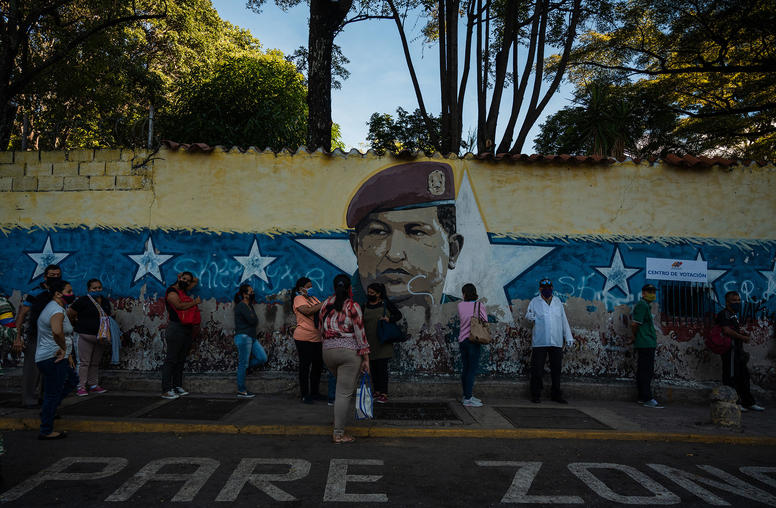
What’s in Store for Venezuela in 2022
Venezuela enters 2022 with persistent challenges but also some tangible opportunities. Left behind are the unrealistic aspirations of the immediate exodus of Chavismo — leaving room for the incremental development of democratic co-existence. But for any positive change to occur, the Maduro government and democratic opposition will need to return to the negotiating table, where they have established a platform for coordination and progress on issues such as restoring democratic institutions, humanitarian relief and, ultimately, elections. The international community, especially the United States, will be a key player and should not fall into a pattern of inertia. In the Venezuela of 2022, small efforts can make a real difference in the lives of ordinary citizens.